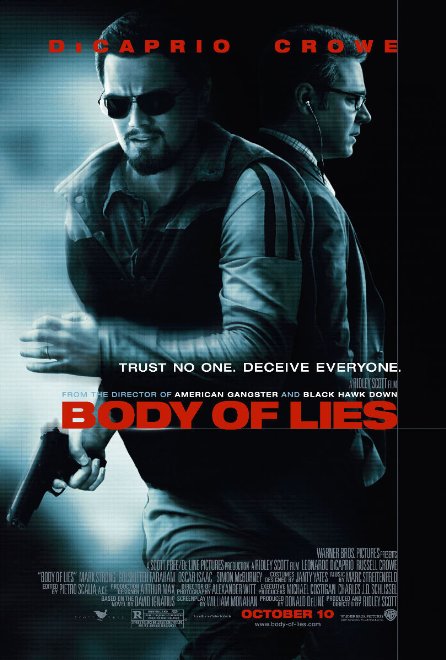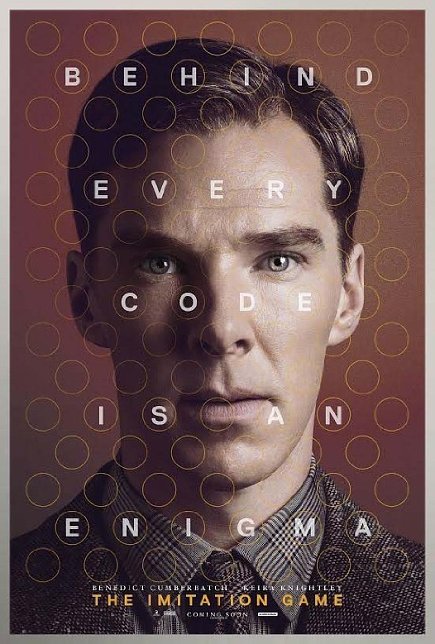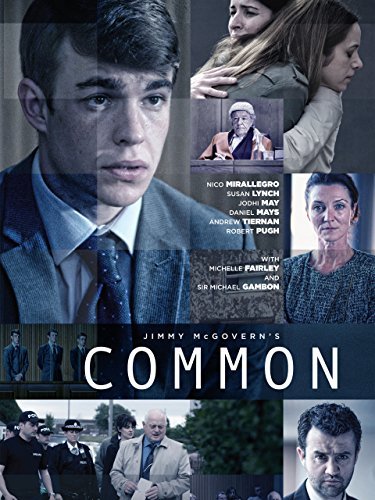One of the greatest elements of Art is its ability to allow many to experience the plight and triumph of few. From poetry, novels and cinema, we are able to experience a multitude of different stories from backgrounds and people who who are distinctly different from ourselves. In David O. Russell’s Joy (2015) this noble approach is taken to telling the story of Joy Mangano, the inventor of the Miracle Mop.
On paper, the life story of inventor, entrepreneur and highly successful businesswoman Joy Mangano seems like the perfect blueprint for an engaging and affecting biopic, which gives screen space to a strong, independent woman which is rare in the age of the masculine superhero blockbuster. In practice, however, it doesn’t work out that way.
Joy herself is portrayed well by Jennifer Lawrence, who brings an intelligence and strength to the role while still being able to showcase Joy’s vulnerability. The problems arise in the overall structure of the film, the flawed narrative technique and a reluctance to flesh out what appear to be more interesting elements of Joy’s life in favour of the standard A-Z biopic formula.
The film focuses on the invention and initial taking off of Joy’s Miracle Mop, following the process from conception, manufacture and then finally commercial success on the home shopping channel QVC. While it’s understandable why this was chosen as the focus of the film, it’s an inspirational and satisfying story of entrepreneurship and success against all odds, it has all the depth of a Wikipedia article. O. Russell struggles to tack on a sense of grandeur to proceedings, and the film takes several detours, which seem overly dramatic and don’t work within the context of the film.
This notion of making the film more cinematic is applied to the narrative frame, which is at best convoluted and at worst broken. The beginning of the film has a voiced narrator,which continues till the end, but after a certain point makes absolutely no sense. There are also stylistic techniques such as flash-backs and flash-forwards, along with dream sequences and montages, all of which fail to add anything to the film and just create a feeling of the director throwing everything at the screen to hide the fact from the viewer that they are essentially watching a T.V movie.
Often, when films are made of T.V shows, they have the feeling of being stretched, and lacking the cinematic quality required to work in the context and scale of a cinema. This is the feeling that comes across when watching Joy (2015), which if seen in passing one night while flicking channels would be a pleasant surprise. On the big-screen however, the simple portrayal is too shallow, and the avoidance of more interesting elements (Joy’s problematic relationship with her family is one which begs for more exploration) stops it from reaching the heights it aspires to.










